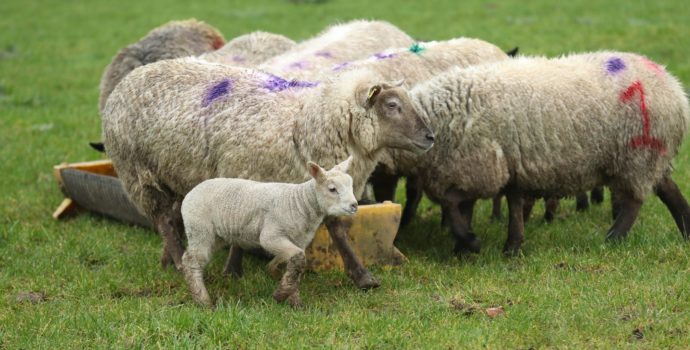Support for Agriculture Critical for Rural Economy and Economic Growth-bryan

As it makes its final expenditure and taxation decisions for Budget 2012,the Government must recognise that support for agriculture is critical for the rural economy and to deliver economic growth. This is the message that will be given by IFA President, John Bryan at the pre-budget meeting (Friday November 4) between IFA and the Ministers for Finance, Michael Noonan and Public Expenditure, Brendan Howlin.
Mr Bryan said, “Funding for farm schemes, which are a critical support for farm income and production must be maintained, with the retention of key taxation reliefs to support farm transfer, land mobility and investment also vital”.
He said, “The positive growth in the agri-food sector seen in 2010 has continued into 2011, with output growth in primary agriculture and food exports far outpacing the rest of the economy. However, farming remains a low-income sector, with average farm incomes in 2010 of less than €18,000, and tens of thousands of farmers depend on the farm schemes for viability.
He continued, “Farm schemes and investment programmes, including REPS/AEOS, the Suckler Cow Scheme Disadvantaged Areas, Forestry and TAMS, are vital in underpinning agricultural production and maintaining farm viability. The AEOS scheme must be reopened for farmers leaving REPS 3.
Farm incomes have been directly hit by cuts in funding to farm schemes in previous budgets. Like other taxpayers, farm families have been negatively affected by increases in personal taxation in recent budgets and will be affected by any tax increases in Budget 2012. Their incomes cannot be doubly hit by further cuts in funding for farm schemes or increased charges in Budget 2012”.
James Kane, IFA Farm Business Chairman said, “Government can facilitate improvements in the structure of farming through supportive taxation measures. The retention of Capital Gains Tax Retirement Relief and Agricultural Relief at 90% are critical to encourage lifetime transfers, while capital allowances are an important incentive for on-farm investment. The Minister for Finance has recently indicated that stamp duty rates for commercial property may be reduced in the forthcoming budget. Any reduction must include agricultural land, to increase land mobility and farm transfers”
Mr Bryan concluded, “Government must prioritise funding for the sectors that are growing, and have the potential to contribute further to economic growth. The growth of the agri-food sector in 2011 demonstrates the potential to meet the ambitious targets set out in <i>Food Harvest 2020. </i>A cut in funding for farm schemes or reduction in supportive taxation measures will undermine this growth potential.”




